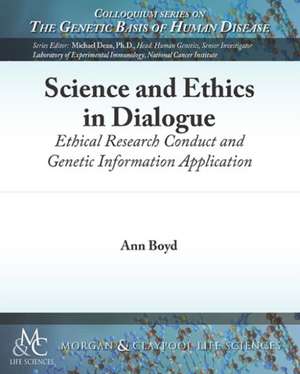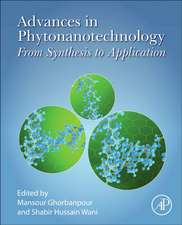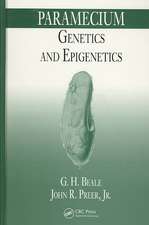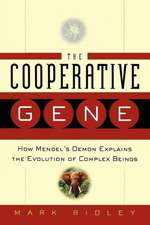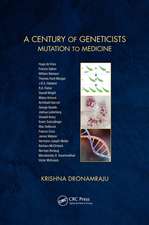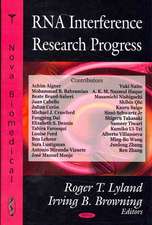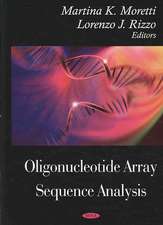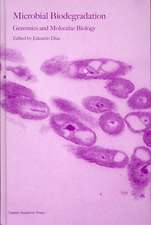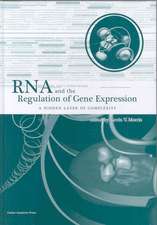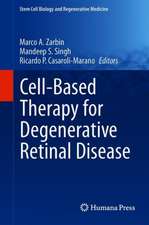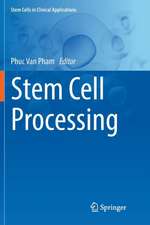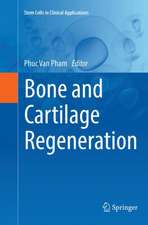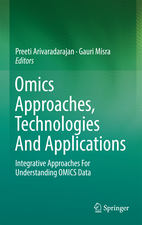Science and Ethics in Dialogue: Colloquium Series on the Genetic Basis of Human Disease
Autor Ann Boyden Limba Engleză Paperback – 30 sep 2015
Preț: 349.81 lei
Nou
Puncte Express: 525
Preț estimativ în valută:
66.94€ • 69.75$ • 55.42£
66.94€ • 69.75$ • 55.42£
Carte tipărită la comandă
Livrare economică 03-17 aprilie
Preluare comenzi: 021 569.72.76
Specificații
ISBN-13: 9781615047161
ISBN-10: 1615047166
Pagini: 164
Dimensiuni: 191 x 235 x 9 mm
Greutate: 0.3 kg
Editura: Morgan & Claypool
Seria Colloquium Series on the Genetic Basis of Human Disease
ISBN-10: 1615047166
Pagini: 164
Dimensiuni: 191 x 235 x 9 mm
Greutate: 0.3 kg
Editura: Morgan & Claypool
Seria Colloquium Series on the Genetic Basis of Human Disease
Notă biografică
Ann Boyd, Ph.D., Professor of Biology, Hood College, Frederick, Maryland A native of Louisiana, I received my Ph.D. in Microbiology at Louisiana State University in 1971. Following a two-year post-doctoral fellowship at Baylor College of Medicine in Houston, Texas, I joined the research team supporting the National Cancer Institute at Ft. Detrick. There my research was focused on eukaryotic cell transformation by viral oncogenes and viral pathobiology. I joined the Hood College faculty in 1982, teaching courses in cell biology, virology, and genetics for graduate and undergraduate students. I served as Chair of the Department of Biology for six years and Dean of the Graduate School for nine years. Following a sabbatical in 1996 to teach at Mahidol University, Bangkok, Thailand, I became interested in issues in bioethics: how infectious diseases and genetic medicine affect social justice, and how ethical principles apply in international clinical research trials. I teach several courses within the sphere of bioethics for undergraduates and a graduate course, Science and Ethics. The content of Science and Ethics has changed over time as I have searched for ways to equip students with the ability to reason through ethical dilemmas. Supporting the view that ethics can be taught, I engage students in cases as narratives of ethical conduct/misconduct. Learning to extract the facts, issues, and concepts in the case equips them to be aware of expectations of scientific responsible conduct. Looking beyond rules dictating specific behaviors helps students develop the moral reasoning ability that will be applicable to situations we may not anticipate. Careers in science are often diverse consisting of periods of basic research in areas such as genetics and applying discoveries in ways that promote human flourishing. Students are generally unaware of the variety of dilemmas they could face in their scientific careers. A course in Science and Ethics helps increase awareness of potential dilemmas and provides several ways to do ethical analysis.
